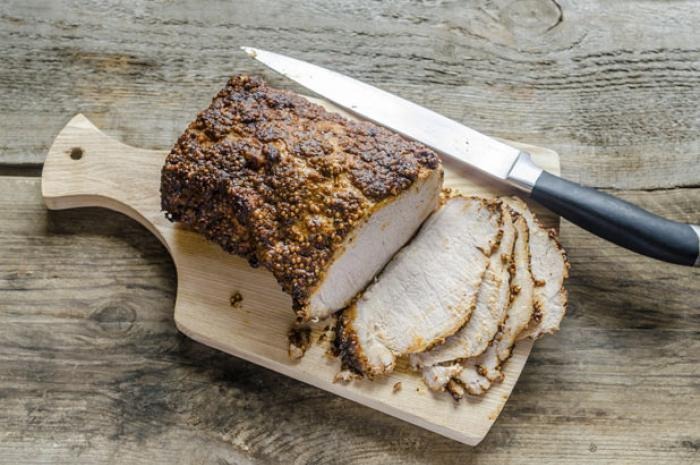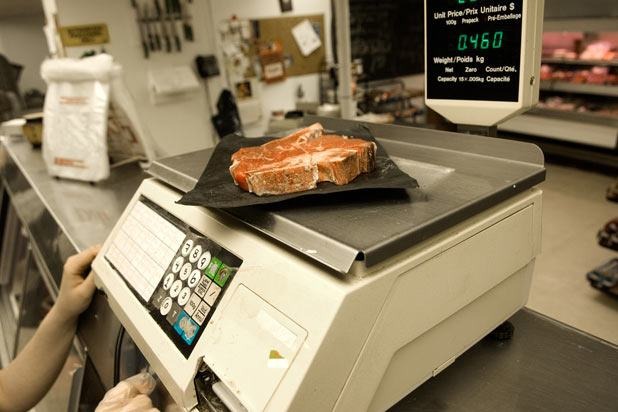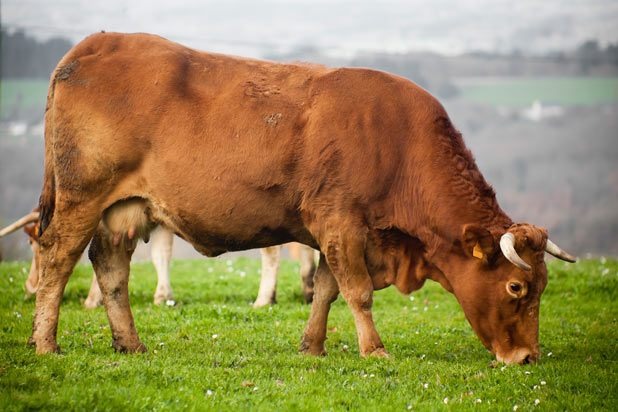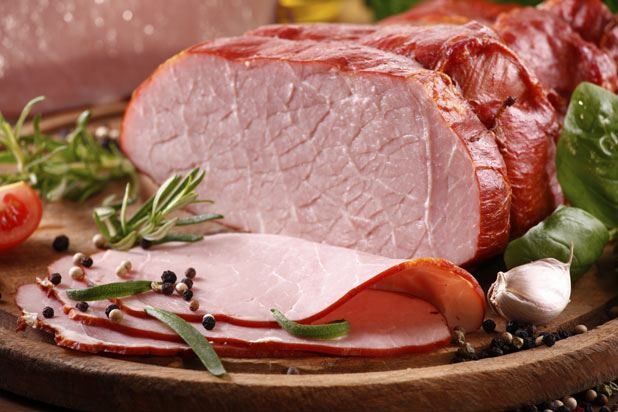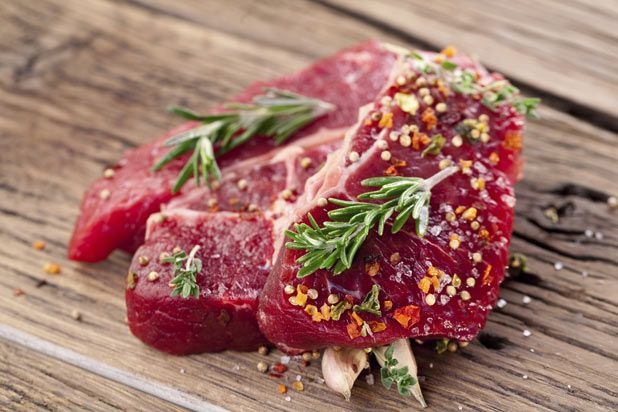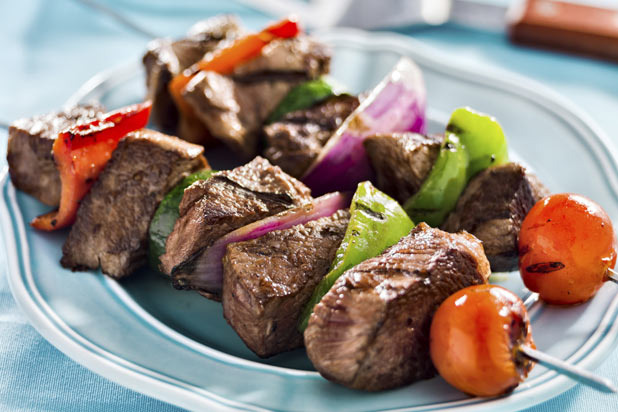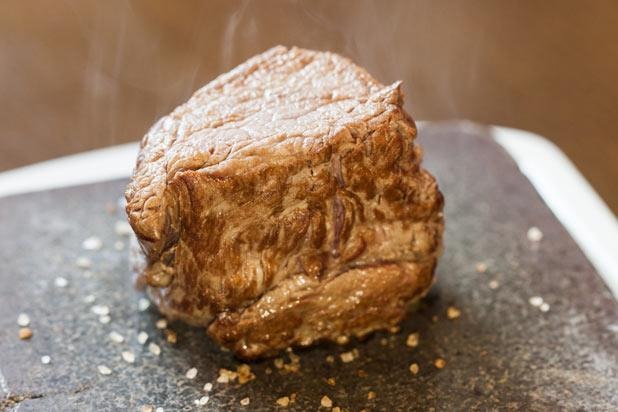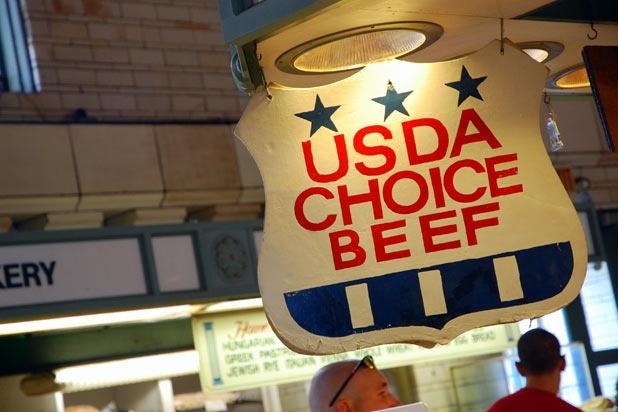11 Things You Didn't Know About Red Meat
Between burgers at summertime barbecues, spaghetti and meatballs, and braised ribs throughout the winter, Americans eat a lot of red meat. On average, we eat more than 100 pounds of red meat a year, and show no signs of slowing down. But what you don't know about meat can actually hurt you. It's time to start eating red meat mindfully.
Serving Size
Bigger is not always better. The recommended serving size for lean red meat is three to four ounces, about the size of a deck of cards.
Healthy Red Meat
The healthiest type of red meat for you is organic, grass-fed lean beef, which is richer in omega-3s, vitamin E, and linoleic acids than conventional beef.
Worst Type of Red Meat
One of the worst types of red meat for you is ham. Whether baked, glazed or country-style, this variety of red meat is high in fat (7.7 grams of fat, with 2.7 grams of saturated fat) and sodium (1,275 milligrams of sodium, which is about half of the daily recommended amount).
Nutritional Value
A three-ounce serving of red meat (beef) provides you with half (about 25g) of your recommended daily protein intake and is also an excellent source of Vitamins B6 and B12 (which give you energy), zinc (which helps maintain your immune system), and is a good source of iron (which helps your body use oxygen efficiently).
Heart Health
Contrary to popular belief, red meat does not increase the risk of coronary disease. A recent study shows that eating three ounces a day of lean red meat was not associated with a higher risk for heart disease or diabetes.
Allergies from Ticks
Tick Bites Can Make People Allergic to Meat. A bite from a lone star tick can cause allergic reactions to red meat.
Most Popular Cuts
There are more than 50 different cuts of meat on a cow, but the top five most popular are: chuck pot roast, top loin steak (a.k.a. New York strip), top round steak, top sirloin steak, and t-bone steak.
USDA Labels
Meat is labeled as USDA Prime, Choice, and Select, depending on characteristics like tenderness, juiciness, and flavor. Prime beef comes from young, well-fed cows and has significant marbling, which makes it perfect for grilling or broiling. Choice beef is good quality, with less marbling than Prime, and is good for most methods of cooking including braising and roasting. Select beef is tender, but less juicy because it has less marbling than either Prime or Choice; marinate these cuts before cooking to ensure a tender finished product.
Red Meat Varieties
Most Popular Variety
Healthiest Cut
Pork tenderloin is one of the healthiest cuts of red meat, clocking in at just 122 calories per serving, and is rich in protein and B vitamins.
